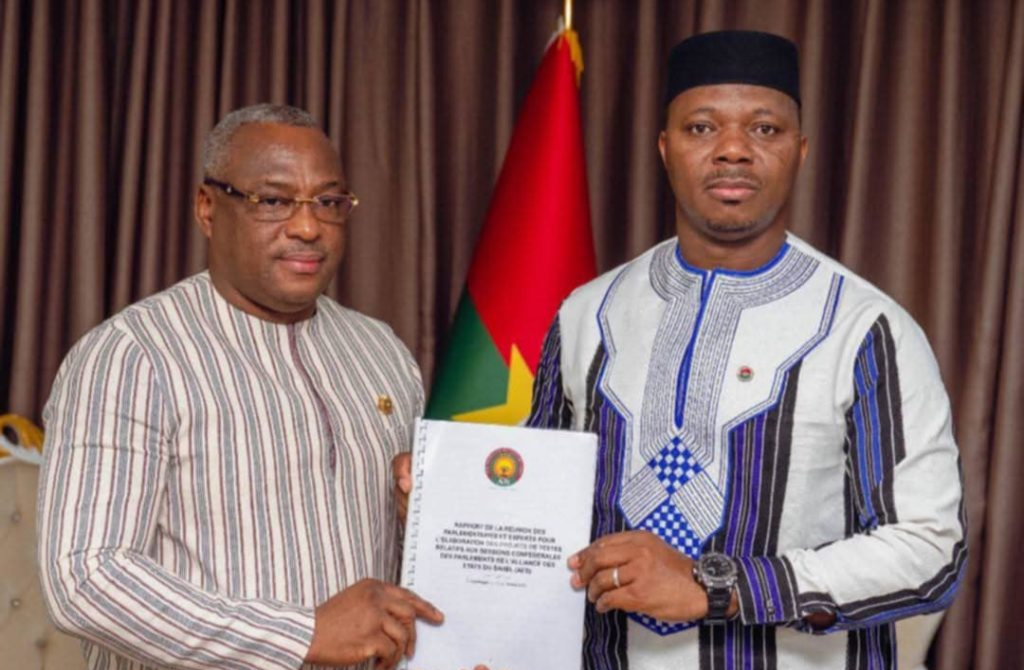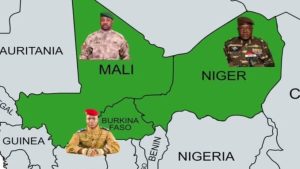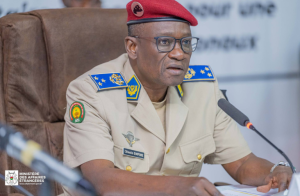AES Confederation: New Legal Governance for the Sahel with the AES Confederation Parliament

The meeting of parliamentarians and experts from the Alliance of Sahel States (AES), held in Ouagadougou from August 11 to 15, 2025, marks a major turning point in the governance of this strategic region of Africa. This conference represents a significant step toward strengthening the sovereignty and development of the three AES member states: Mali, Niger, and Burkina Faso. Behind this gathering lies a series of ambitious initiatives driven by the leaders of these nations, aimed at breaking away from old practices often associated with foreign interference and delays in development processes.
Presidents Captain Ibrahim Traoré, General Assimi Goïta, and General Abdourahamane Tiani have launched deep reforms, particularly in the judicial and political spheres, to revitalize national sovereignty and strengthen the rule of law. These reforms seek to build more independent judicial systems and enhance transparency in public governance.
Ongoing political reforms are also reflected in the creation of more inclusive and collective decision-making mechanisms, most notably through the establishment of the AES Confederal Parliament. The draft protocol for this Parliament, prepared in Ouagadougou, is one of the most significant elements of this political transition. Far from being a mere administrative formality, it represents a crucial step toward political integration among Sahel states. It will enable the pooling of efforts across key sectors such as security, the economy, education, and natural resource management.
One of the key advantages of this parliamentary model is its potential to foster joint decision-making, thereby reducing internal tensions and divergences between states. By strengthening intergovernmental cooperation, this reform paves the way for better coordination in addressing transnational challenges such as terrorism, human trafficking, and climate crises. It will also facilitate collaboration on joint projects, allowing Sahel nations to develop regional solutions to issues that affect them all.
The impact of this new governance model is already visible through development policies focused on self-reliance. Current leaders have clearly recognized the urgency of restoring independence from external influences that often run counter to national interests. These initiatives—whether political, economic, or judicial—mark a decisive break from governance practices that in the past frequently led to instability and dependency.
This new era of governance stands as a beacon of hope for the people of the Sahel and for Africa as a whole.






